The PBS is a mechanism set up by compliance schemes to deal collaboratively with requests from councils to collect waste electrical and electronic equipment (WEEE). It is used if councils have been unable to agree a contract for a compliance scheme to collect the material.
The WSF, the UK’s WEEE compliance scheme trade association, has overseen the PBS since 2019, when the government made it mandatory for compliance schemes to join (see letsrecycle.com story).
It was the only organisation to submit a proposal to operate the new PBS.
The Department for Environment, Food & Rural Affairs (Defra) received 13 responses to its consultation on the WSF’s proposal, which ran from 5 May to 2 June (see letsrecycle.com story).
Eleven respondents were in favour of the proposal, according to information published by Defra yesterday (8 September), while two were not.
As such, the government approved the proposal, which came into effect from 19 July.
Defra says the eleven respondents included six producer compliance schemes, two local authorities, one approved authorised treatment facility, one trade association and three “anonymous responders”.
Collection and treatment
Nigel Harvey is chief executive of lighting compliance scheme Recolight and chair of the WSF. He told letsrecycle.com the PBS had been “effective” at managing any uncontracted WEEE at local authority sites since 2016.
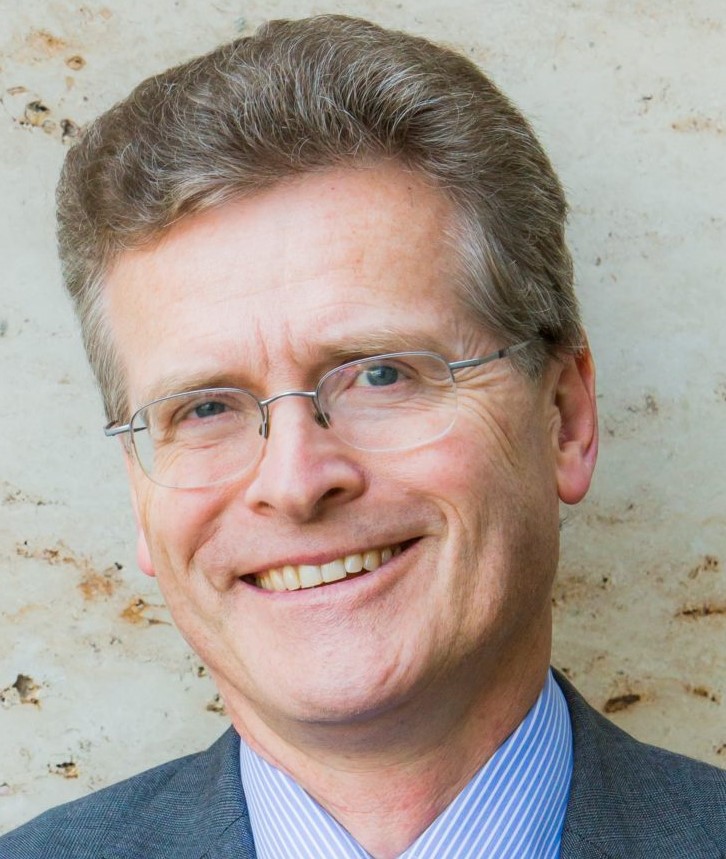
“The system makes sure such WEEE is collected and treated in the most cost-effective manner, and that the costs are shared out amongst all PCSs on a market share basis,” Mr Harvey said.
“Although it started as a voluntary system set up by the WSF, it was pleasing that Defra made the PBS mandatory for all household PCSs in 2019, via a change in the WEEE regulations.”
The regulations require a review of the PBS every three years. This was the first statutory review since the system became mandatory, Mr Harvey said.
“Following the Defra call for proposals, there was only one industry proposal for the PBS, again from the WSF. That shows there is a high level of consensus regarding the performance of the system,” Mr Harvey added.
“And it is telling indeed that of the 13 responses sent to Defra, 11 were supportive of the PBS – and the only negative responses were submitted anonymously.”
Changes
Though much of the system remains unaltered, Defra says there are seven changes to the new PBS, of which a few are listed below.
Mr Harvey told letsrecycle.com the changes were “fairly minor in nature” and aimed at making the PBS more efficient.
Producer compliance schemes can now “more easily” view information on PBS contracts, Defra says, via a new summary page in their portal, which will show all existing contracts and end dates, and automatic email notifications, which will alert all compliance schemes 30 days before a local authority PBS contract ends.
As well as bidding for single categories of WEEE, compliance schemes can now submit linked bids based upon winning all categories specified as part of that bid.
And, local authorities can change their compliance scheme provider at any time, subject to any contractual terms.





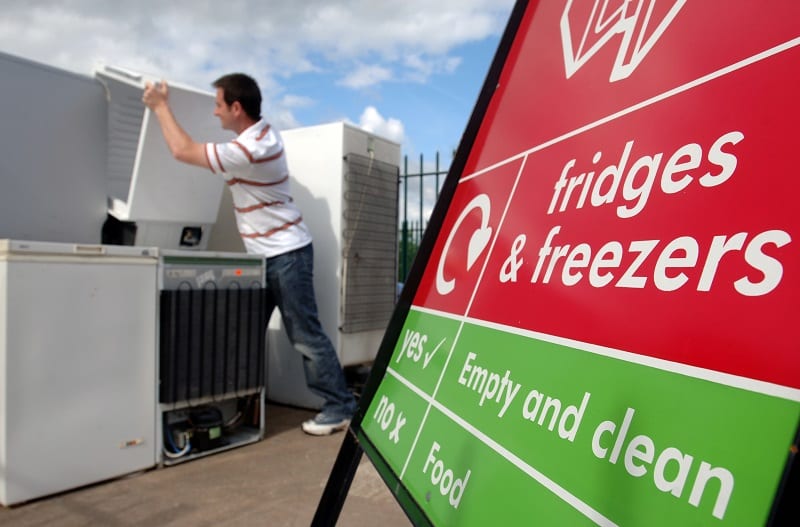
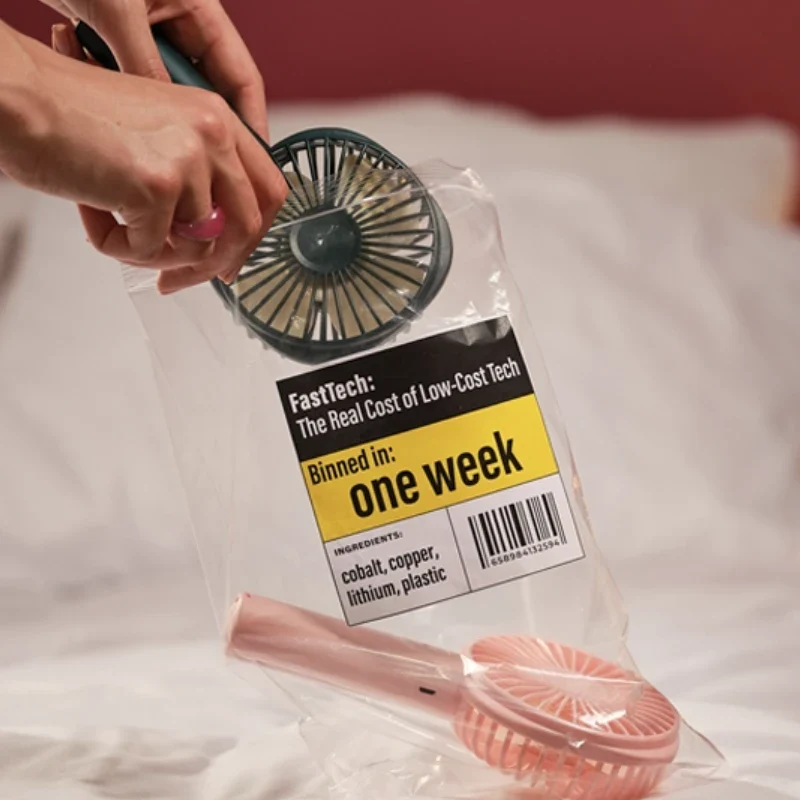
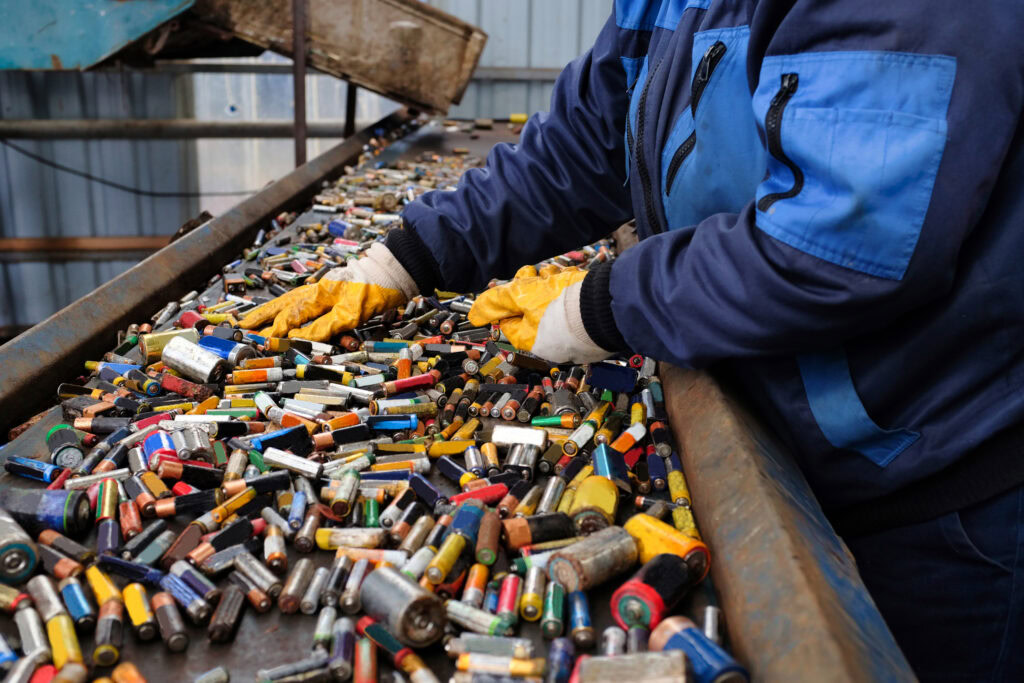
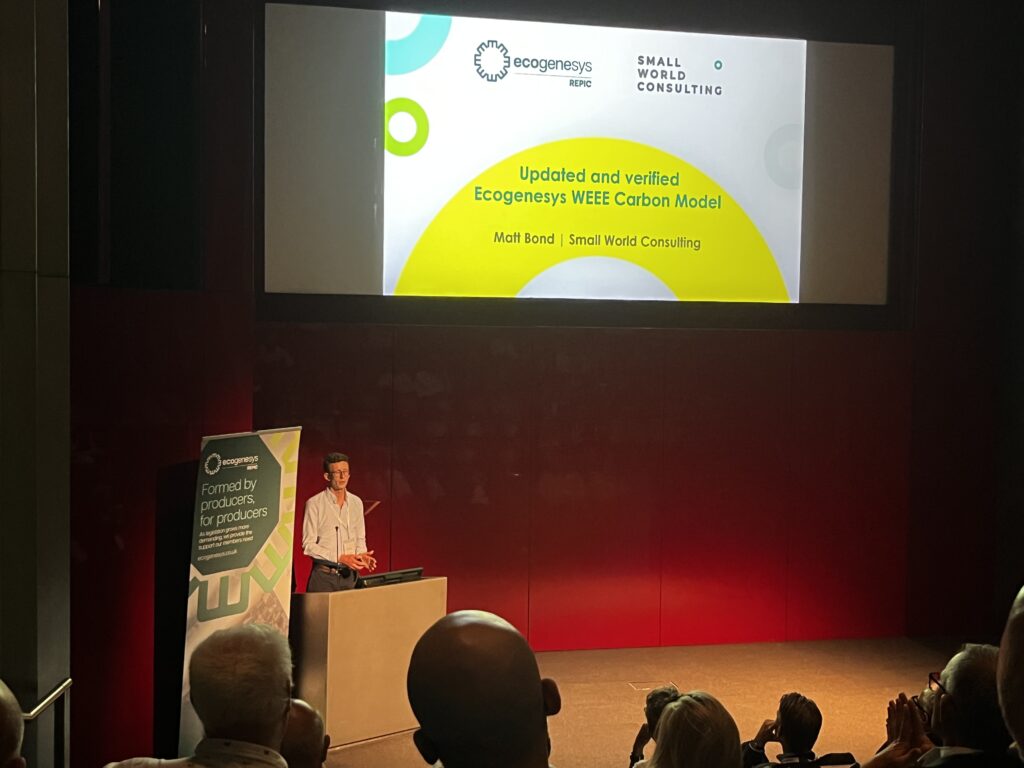

Subscribe for free